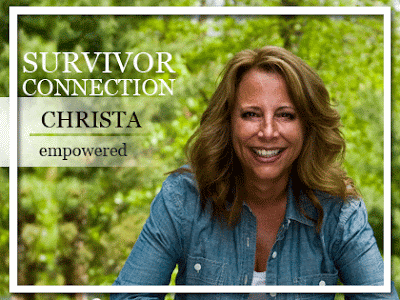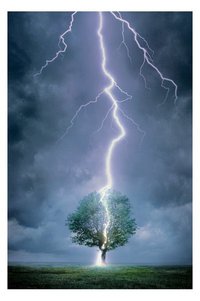 |
| Gary Gray - Stroke Survivor since 2002 |
Just a quick note to let you know about ; - SOMETHING SPECIAL!
You know stroke is all about awareness, education and prevention. (or at least that has been mostly the case in the past)
While awareness, education and prevention are of utmost importance (even for secondary stroke prevention) there is a need that has been largely ignored in the past.- Stroke Survivor Support!
A few years ago (Nov 2007) I met a researcher from a university in Montreal at a stroke workshop in Charlottetown. Her name was Dr. Nancy Mayo and her focus was on finding ways to support stroke survivors to get the most out of life. She gave a presentation titled "Getting On With The Rest Of Your Life After Stroke". (45 minute video on the community based stroke support program)
 |
| Charlotte Comrie, Dr. Nancy Mayo and Gary Gray (2007) |
In her presentation she talked about a research project that was about to be rolled out in a number of communities in Canada. As part of the project there was a booklet published also titled "Getting On With The Rest Of YourYour Life After Stroke". It talked about acceptance, attitude, setting goals, getting involved and generally building a NEW life after stroke.
Can You Help?
It is interesting and sad to see in the above video just how technology challenged our health system is.Unfortunately when it comes to long term support for stroke survivors it is just as challenged. We must be grateful for The Canadian Stroke Network and their support to Dr. Mayo in conducting her research which shows the need for project based stroke support in communities throughout the country. It is a painfully slow process to engage minds and resources within communities, to adjust attitudes and build the kind of support network needed to give a reasonable level of community project based meaningful activity to stroke survivors everywhere...editors note (Gary)
Last year a stroke survivor posted a comment on this blog asking why everything was geared to awareness and prevention and asked why the focus was not on support for survivors. That got me to thinking and I just couldn't get that question out of my mind. So, I created a Facebook page and a blog. and called them "My Life After Stroke" These sites were designed to support us as survivors by providing a place to meet other survivors and tell our stories, discuss questions that are important to us, share photos, pages, groups, videos, books and blogs taken and written by us and post research information about stroke recovery that may be helpful to us. So far there are 152 fans following the "My Life" page.THANK YOU EVERYONE!
In late September 2011 "The Canadian Stroke Network" launched a new website designed to provide support for survivors and help us and our families rebuild our lives based on the original Dr. Nancy Mayo model of "Getting On With The Rest Of Your Life After Stroke"
The Website is www.lifeafterstroke.ca and it can be a huge step forward to supporting us in our recoveries..
I encourage you as a stroke survivor, caregiver, family member or healthcare professional to PLEASE: FIRST: Go to the new site and take a look around. SECOND: Click on the contact link and tell the people at the CSNW what could be changed and/or added to improve the site to make it a place of support for US.
Gary Gray
Stroke survivor since 2002













